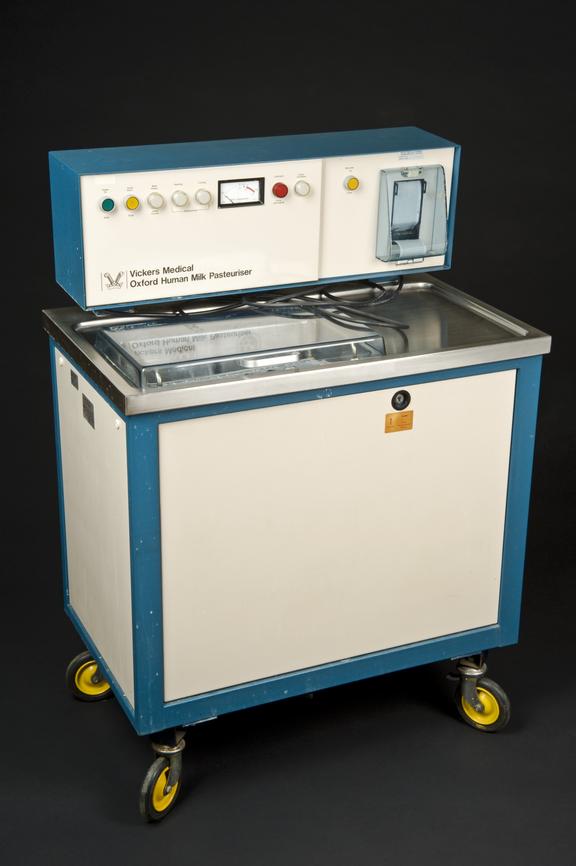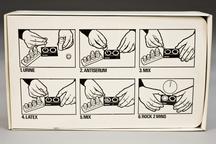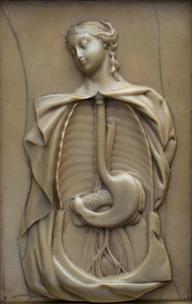

Breast milk pasteuriser, England, c. 1980
- Made:
- 1975-1980 in United Kingdom

Breast milk pasteuriser for hospital use (in special care baby units), made by Vickers Limited in the late 1970's.
Donated human milk can be sterilised using an automatic heat treatment unit such as this one. It is called the Oxford Human Milk Pasteuriser. Preparation, heating and cooling takes 100 minutes. This includes immersing the milk in a temperature-controlled water bath which heats the milk to around 63 degrees Celsius for half-an-hour. This Pasteurising process destroys infections such as E. coli or Staphylococcus, making the milk safe to use in special care baby units. With this machine, substantially more of the antimicrobial proteins in human milk are preserved as it uses a lower temperature and shorter heat treatment than normal pasteurisation.
The Department of Paediatrics at John Radcliffe Hospital, Oxford developed this unit in the late 1970s. It was manufactured by Vickers Medical of Basingstoke.
Details
- Category:
- Obstetrics, Gynaecology & Contraception
- Object Number:
- 1998-234
- Measurements:
-
overall: 1220 mm x 880 mm x 530 mm,
- type:
- breast milk pasteuriser
- credit:
- John Radcliffe Hospital, Department of Paediatrics




